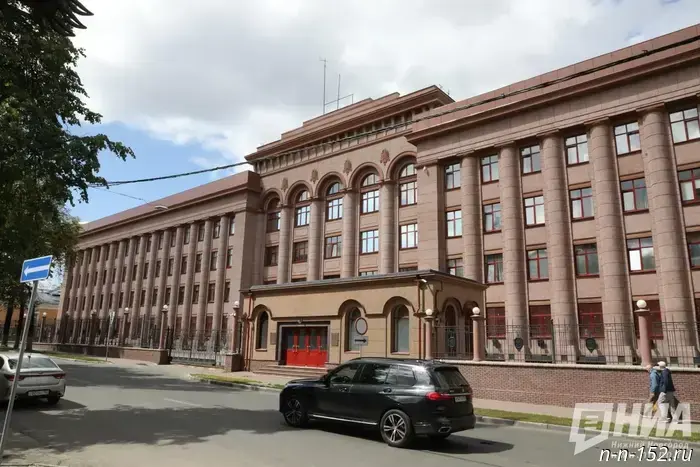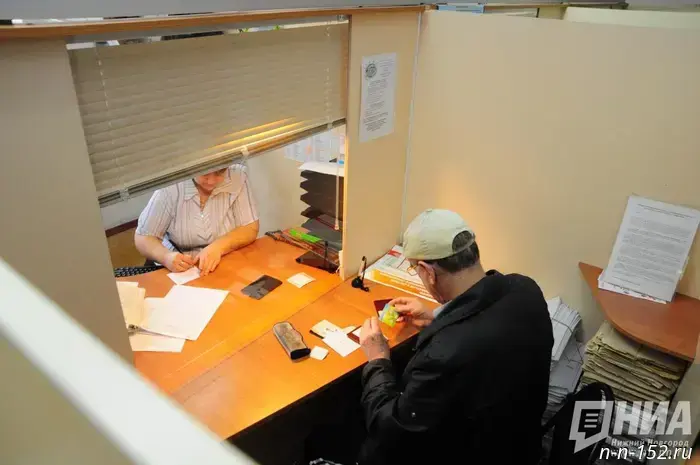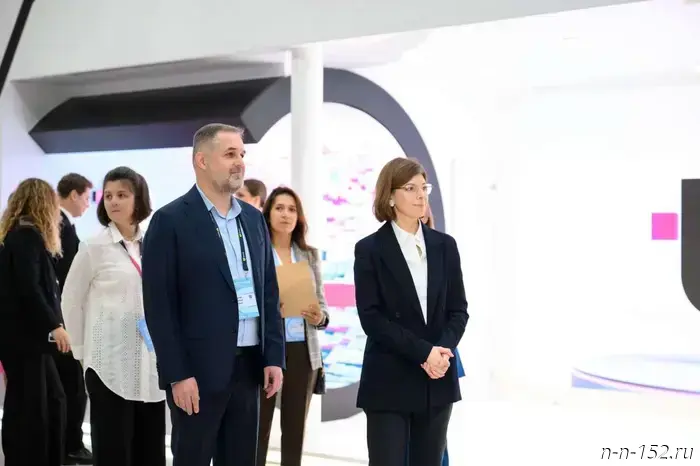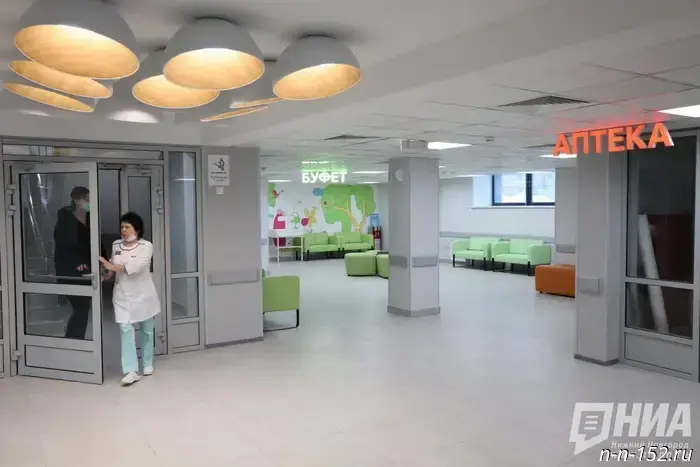Every third resident of Nizhny Novgorod has encountered deepfakes.
09 October 2025 14:30 Society — The MTS digital ecosystem, together with the online communications platform MTS Link, conducted a survey among residents of Nizhny Novgorod to study their awareness of deepfakes. It turned out that about every second city resident had heard of them, and 36% of survey participants had personally encountered such phenomena.
The vast majority of Nizhny Novgorod residents (71%) encountered deepfakes in entertainment content, and almost a quarter (21%) noticed their use in advertising. Nevertheless, 61% of respondents said they could detect deception only occasionally, meaning a significant portion of the population has difficulty identifying such digital content.
A third of study participants recounted specific examples of deepfake abuse. Eighteen percent of respondents noted that fraudsters tried to impersonate their acquaintances or relatives, 11% encountered attempts to pose as coworkers or managers. Less common was the creation of fake images of well-known people — this happened to only 8% of those surveyed.
According to the survey data, about 29% of employed Nizhny Novodians reported that management periodically warns staff about possible threats arising from the spread of this type of digital manipulation. This most often happens at in-person meetings (71%), less often through posts and messages (31%) or as part of information security courses (27%).
Nizhny Novgorod residents most often encounter the use of deepfake technologies in online communications — primarily in messaging apps and social networks. Telegram leads among Nizhny Novgorod users in the number of deepfake distribution cases. The messenger WhatsApp* and the social network VKontakte shared second place, each receiving 25% of respondents' votes. The recently launched messenger MAX, however, received no mentions among respondents — likely due to its novelty.
"Modern technologies really make deepfakes almost indistinguishable from reality, and this creates new risks for business. According to various experts' estimates, in the first quarter of 2025 alone global financial losses from fraud using deepfakes exceeded $200 million. One way to reduce the likelihood of a successful attack is to use specialized video communication solutions, including corporate video conferencing platforms. These services provide additional layers of protection thanks to built-in anti-fraud control mechanisms. For example, the online communications platform MTS Link was designed with minimizing the risk of fraudulent actions during use in mind. But the main rule remains the same: be vigilant and critically evaluate any communication, especially regarding finances or sensitive information," notes Andrey Belov, Director of MTS in the Nizhny Novgorod region.
*Belongs to Meta, which is recognized in the Russian Federation as an extremist organization and is banned.
Photo: NIA "Nizhny Novgorod" has a Telegram channel. Subscribe to stay informed about major events, exclusive materials and up-to-date information. Copyright © 1999—2025 NIA "Nizhny Novgorod". When reprinting, a hyperlink to NIA "Nizhny Novgorod" is mandatory. This resource may contain 18+ materials.
Другие Новости Нижнего (Н-Н-152)
 A Nizhny Novgorod resident was sentenced to 12 years for organizing an interregional drug trafficking ring.
A Nizhny Novgorod resident was sentenced to 12 years for organizing an interregional drug trafficking ring.
 A hotline for recruitment into the mobilization reserve has opened in Nizhny Novgorod.
A hotline for recruitment into the mobilization reserve has opened in Nizhny Novgorod.
 Zavolzhsky "Teplovodokanal" has joined the federal project "Labor Productivity"
Zavolzhsky "Teplovodokanal" has joined the federal project "Labor Productivity"
 Pensions of Nizhny Novgorod residents will increase by 9% in 2026.
Pensions of Nizhny Novgorod residents will increase by 9% in 2026.
 T2 is the first operator to integrate T-Pay into its mobile app.
T2 is the first operator to integrate T-Pay into its mobile app.
 NODKB has introduced a mask mandate.
Photo: Alexander Volozhanin
The Nizhny Novgorod Regional Children's Hospital has introduced a mask mandate, reported the Telegram channel "Bokal presseka". 09.10.2025. NIA Nizhny Novgorod. Nizhny Novgorod Region. Nizhny Novgorod.
NODKB has introduced a mask mandate.
Photo: Alexander Volozhanin
The Nizhny Novgorod Regional Children's Hospital has introduced a mask mandate, reported the Telegram channel "Bokal presseka". 09.10.2025. NIA Nizhny Novgorod. Nizhny Novgorod Region. Nizhny Novgorod.
